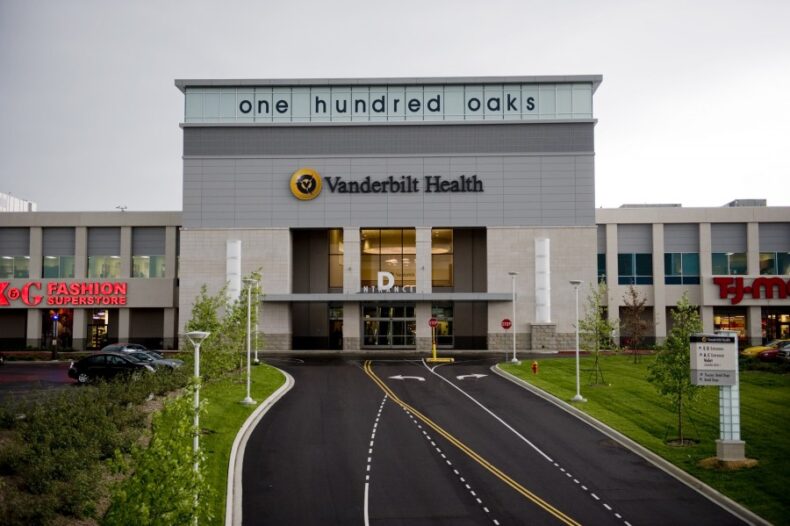A new series of lunch and learn events at Vanderbilt University Medical Center (VUMC) is designed to teach nurses and other medical professionals best practices for providing palliative care to patients at their bedsides.
It’s called PC2U, short for “Palliative Care To You,” and it’s coming to a different unit every month. Nurses have the opportunity to gain contact hours by attending the event, which is held from 12:30 to 1:30 p.m. on the third Tuesday of each month. The next session is set for Tuesday, Oct. 18.
All are welcome at each event, even if it is not in the unit where a medical professional normally works. Food and refreshments will be provided, and locations will be announced via Nurse Alerts.
The event is the initiative of Mohana Karlekar, M.D., medical director of Palliative Care, who has a vision of expanding palliative communication skills and empowering nurses.
Her vision was paired with work from Rebecca Hixson, R.N., CSL, who was working on a continuing education lecture series on palliative care. Hixson saw a need for further education after nurses in one unit asked the palliative care team for help addressing a challenging end-of-life situation.
Joining in the effort is Maie El-Sourady, M.D., M.S., a member of the palliative care team who has offered palliative care education to physicians and residents.
Each session will feature a nurse and doctor and will offer an opportunity for open discussion. Hixson said there will be no formal presentation. Instead, it’s a time for medical professionals to discuss challenging situations, feelings and best practices to engage families and patients.
“We wanted to provide a place where they could come and talk about this and not only leave feeling empowered but know that they’re not alone when they’re the ones at the bedside, and a difficult question is asked that they want to be able to answer and they want to be able to advocate and say the right thing,” Hixson said.
Discussions will include symptom management at the end of life and working together to prevent compassion burnout.
“The bigger goal here is that it not only opens up lines of communication between us as medical professionals, but with families and patients, and I think that’s going to show a big effect when it comes to patient satisfaction and overall perception of care, whether it comes from patients or families or both,” Hixson said.
At each event, badge cards will be offered with contact information for the palliative care team and communication suggestions for situations. The palliative care team is always available to answer questions, 24 hours a day.
“We’re specialty palliative care, so this is what we do every day,” El-Sourady said. “But everybody does a little bit of this. And if there’s anything that we can do to help support people in what they’re already doing and feel more comfortable and confident … (it) can be really empowering and really cause a huge amount of relief.”

















